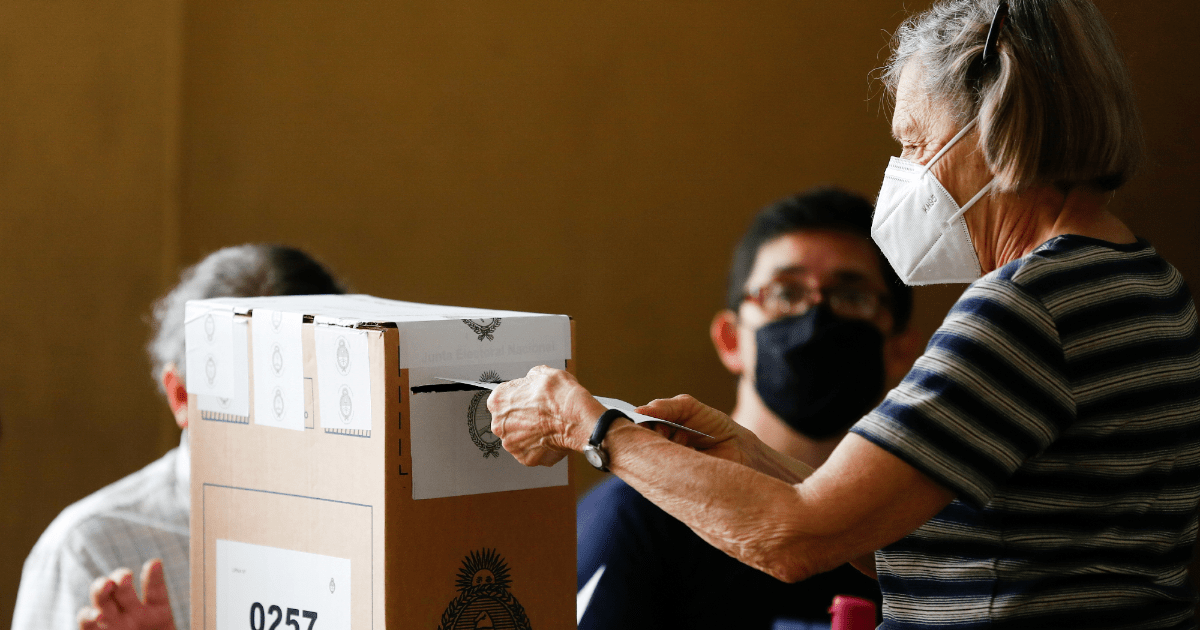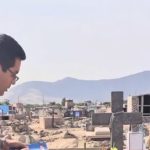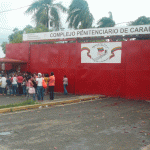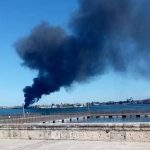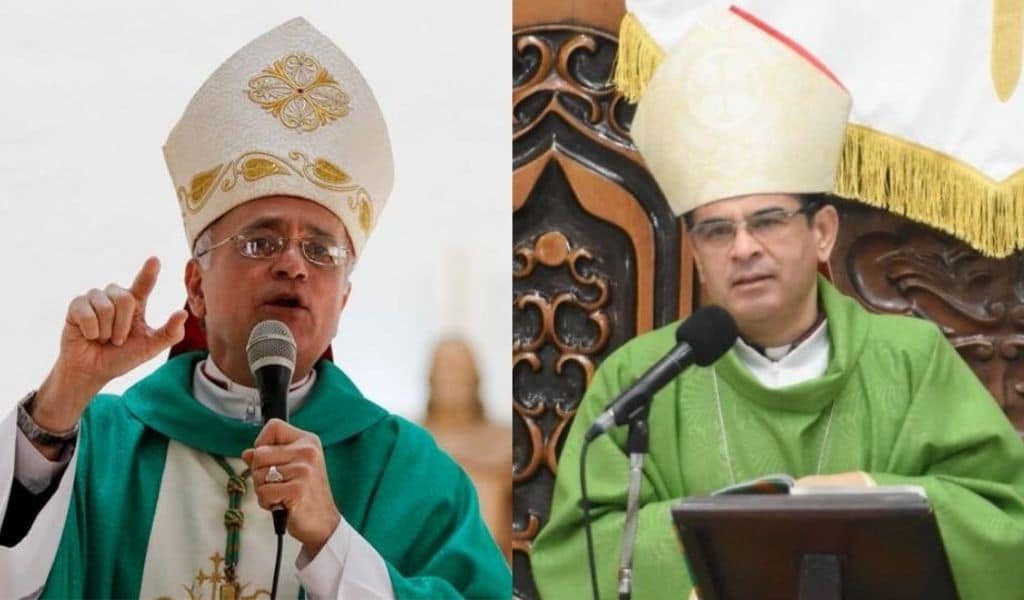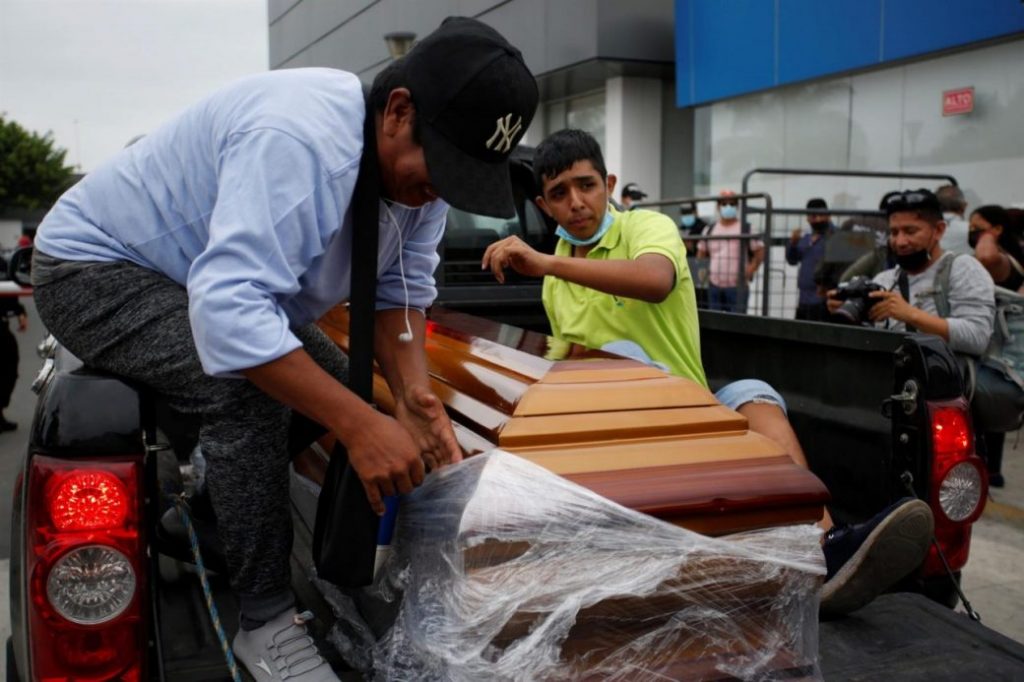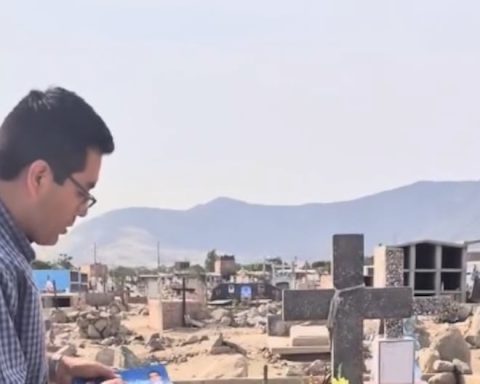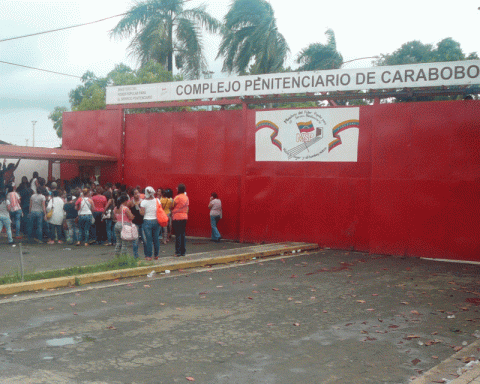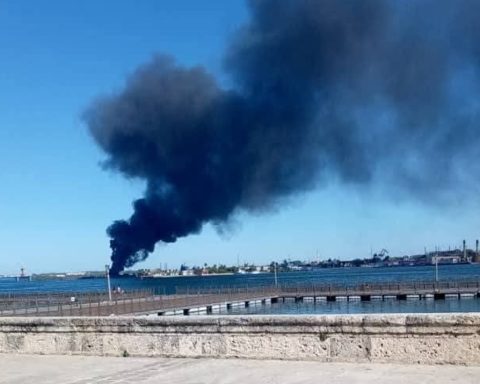Argentines voted this Sunday in mid-term parliamentary elections, crucial for the center-left Peronist government of Alberto Fernandez, who seeks to retain the majority in the Senate and thus ensure governance for the next two years in office.
“We have finished a very good electoral day. Everything proceeded with total normality. According to the first data of the National Electoral Chamber we are in a voting percentage of between 71 and 72%. There were more people “than in the September primaries,” declared the Interior Minister, Pedro’s Wado, shortly after polling stations close at 18:00 (21:00 GMT).
De Pedro confirmed that the first data of the provisional count will be released from 9:00 p.m. (00:00 GMT), without the possibility of disseminating exit polls.
After the setback suffered by the government in the September primaries, eyes are on the populous outskirts of Buenos Aires, with almost 40% of the electoral roll and historic bastion of the Peronist ruling party. The capital and other large cities are in the hands of the opposition.
127 of the 257 seats in the Chamber of Deputies, in which the ruling Frente de Todos holds the first minority.
In the Senate, chaired by the influential Vice President Cristina Kirchner, 24 of the 72 seats are renewed. There the government puts into play its majority of 41 senators, compared to the 25 seats of the center-right opposition coalition Juntos of the former president Mauricio Macri (2015-19).
The day after
In the primaries, considered a kind of great poll, the ruling party Front of All (FDT) obtained 33% of the votes at the national level, compared to 37% for the Juntos coalition. Later, Fernández renewed part of his cabinet and relaunched his government, without the polls showing great changes in trend.
“Tomorrow is Monday and Argentina continues and we must continue working to build the country that is necessary,” said the president after casting his vote, accompanied by the first lady Fabiola Yanez, Who is pregnant.
Fernández will seek to ensure governance for the next two years, while all the candidates are already in the race for the presidential elections of 2023.
Macri, the main opposition leader, announced that “these next two years are going to be difficult,” and in a winning tone he assured that his coalition “will act with great responsibility, helping the transition to be as orderly as possible.”
“Afraid”
“Tomorrow is going to be” El “day. I am afraid of the economy, the salary is not enough. Whoever wins, it will take a long time for the country to recover. I am very disbelieving of everyone,” he told AFP Oscar Navarro, a 50-year-old pastry worker, without revealing his vote.
“Of course I voted for the president. I am very afraid of what may happen in the election,” Marta Gramiño, a 45-year-old woman who came to film the president, told AFP through the window of a bar in the Boedo neighborhood. , where Fernández had coffee with a candidate.
Also attracted by the turmoil of cameras, Liliana MarquezThe 62-year-old, a hospital employee, said she hopes the opposition will prevail. “I have never trusted these Peronist governments. I voted for macrismo because I cannot find an alternative,” he said.
IMF and inflation
In recent weeks, the government promoted urgent economic measures and a price control to alleviate the galloping inflation, which accumulated 41.8% between January and October, one of the highest in the world.
Fernández also hardened his speech regarding International Monetary Fund (IMF), with which Argentina seeks to obtain an extended facilities agreement that replaces the 2018 loan for 44,000 million dollars.
“We are also having to solve the debt that they have left us with the IMF, of course we have to solve it. But I am not going to solve it in five minutes because whoever solves that problem in five minutes is because he agreed with the Fund in everything he asks for, “exclaimed Fernández at the end of the campaign.
If a new agreement is not reached, Argentina – with a poverty rate of 40% – should pay the IMF more than 19,000 million dollars in 2022 and the same in 2023.
The elections take place as the third Latin American economy is emerging from a recession that began in 2018, and deepened with a collapse of 9.9% of GDP in 2020 due to the Covid pandemic, in the middle of an extensive quarantine. The 9% growth forecast for this year will take the situation back to 2019, when Fernández assumed the Presidency.
